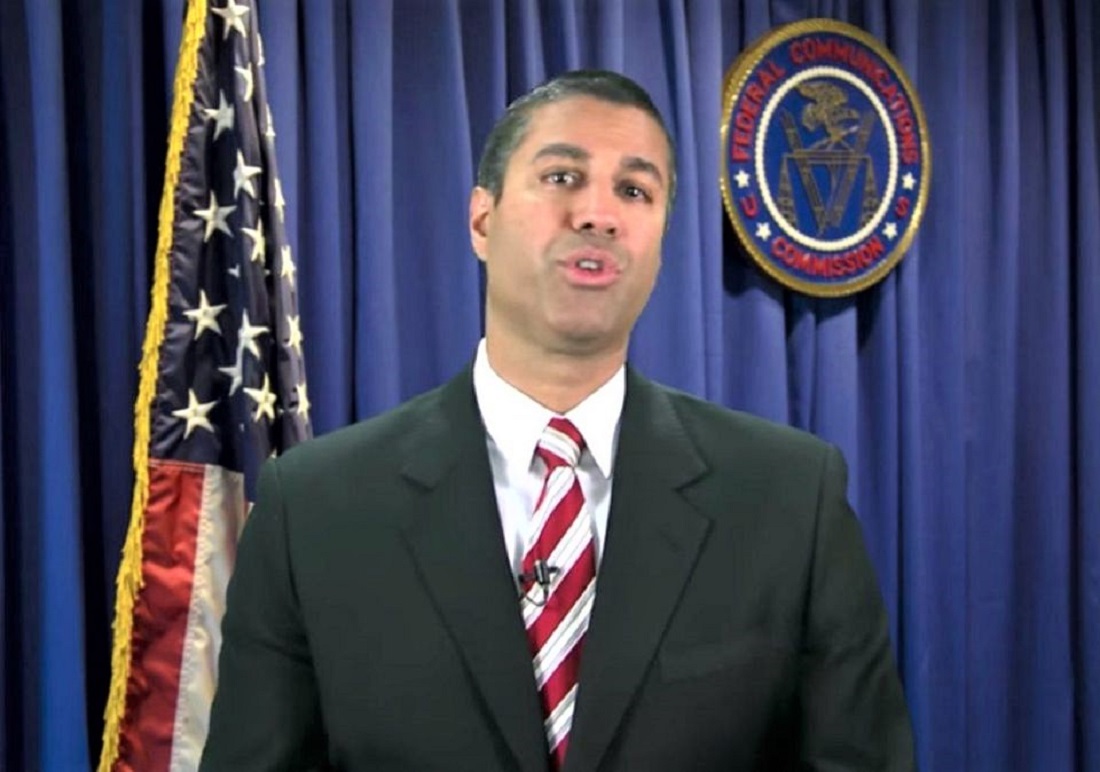April 12, 2019, –The FCC has recently received numerous consumer complaints about scammers trying to steal money or personal information by posing as Chinese consulate employees. People with Chinese last names have been targeted, along with random consumers in areas with large Chinese communities, according to multiple news reports.

FCC Chairman Ajit Pai (file photo).
Though the stories for these scam calls vary, they often begin with someone impersonating a Chinese consulate staff member who says a parcel or package addressed to the person called is waiting to be picked up at the consulate. The “official” then says the package is linked to a criminal investigation, and offers to resolve the situation through a money transfer or a credit card payment. In some cases, the scammer may simply ask for bank account information.
In New York City alone, more than 30 victims have been bilked out of an estimated $3 million, police said in a National Public Radio news reportOpens a New Window..
Similar incidents have been reported in Canada and Australia, according to the NPR report. Some of those cases involve alleged kidnapping of a family member followed by a ransom demand.
If you receive a call that bears any of the hallmarks of this scam, or seems otherwise suspicious, hang up immediately. Also remember that scam callers may use spoofing technology to falsify caller ID information to make the call appear to be from a real Chinese consulate.
To verify the authenticity of such a call, you can contact your local Chinese consulate directly by looking up their contact information in a phone directory or on an official website. Several Chinese consulates in the U.S. have issued warnings about this scam, as has the FTC.
If you do engage in a conversation, never give out personal or financial information such as account numbers, Social Security numbers, mothers’ maiden names, passwords or other information in response to suspicious calls or to callers demanding immediate action. Also, use caution if you are being pressured for information or money immediately. Scammers often try to bully victims into submitting to payment schemes.
Always be on guard for any such activity and report it to local law enforcement.
sort byFile a complaint with the FCC
Consumers can file complaints with the FCC about unwanted calls and spoofing, along with telecom billing, service issues and other matters the FCC oversees. Information about the FCC’s informal complaint process, including how to file a complaint, and what happens after a complaint is filed, is available in the FCC Complaint Center FAQ.